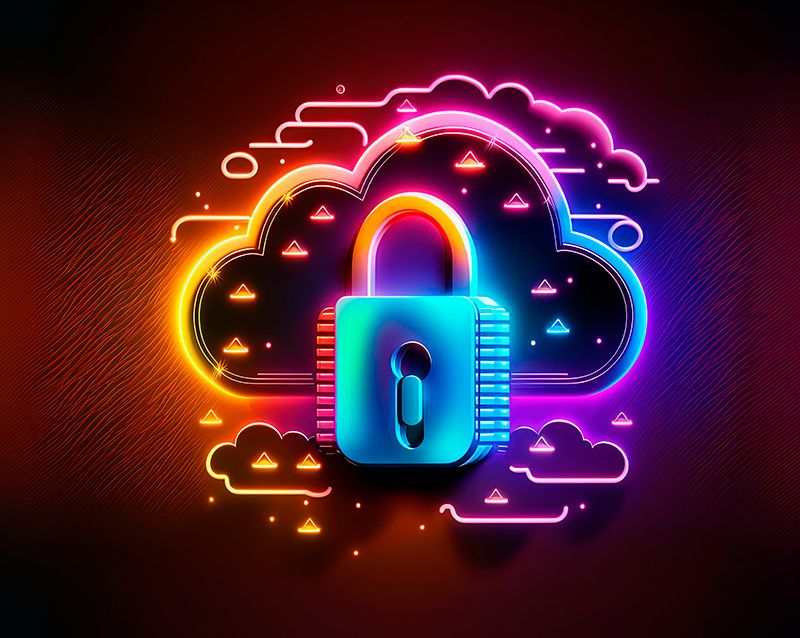Protecting What’s Yours, Online: NordVPN
Let’s face it. Being online is as real as breathing in today’s world. From ordering food to education to entertainment to finance, we need to use the Internet for almost all things human.

Then there is the dark side of the web, one that is constantly looking to feed on our private data and use it to their advantage. There is something you can do to protect yourself from such predators. Get behind a virtual private network (VPN) and transact online to enhance the safety of their data.
Knowledge is power for scammers and the recent ‘get to know me’ template circulating on Instagram and TikTok serves as a potential goldmine for fraudsters, providing them with a treasure trove of personal information.
From age and height to zodiac signs and pet names, this data can be exploited in various ways, offering insights into passwords or enabling scammers to create more convincing fake profiles using the intimate details of users’ lives.
A hacker can use your details to create more plausible phishing emails that are tailored to impersonate you and target your contacts to trick them into downloading malware or revealing their financial information.
The best way to avoid putting your security at risk is to avoid these trends altogether. But if you choose to engage, ensure that your profile settings are configured to be private. If your profile is public, make sure you are monitoring who is viewing your story and block any suspicious users.
What may initially appear as a harmless social media trend can inadvertently expose individuals to unforeseen threats.
“It is true that some specific social media trends and actions could be exploited by scammers. For example, during the holiday season many people post airport selfies with their boarding passes on social media,” said Adrianus Warmenhoven, cybersecurity expert at NordVPN.
“Even if only the barcode of your flight ticket is visible in the picture, hackers can scan it and find out information such as a traveler’s full name, reservation number, passenger name record, and sometimes even contact information. This data can later be used by the hacker to ruin a traveler’s vacation by canceling their return flights, stealing money from their payment cards, or even stealing their identity.
“But what is more dangerous is that scammers can find a way to use every piece of information that users post on social media. Using AI-empowered technology, scammers already create realistic voice clones from samples collected in social media and use them to extort money and data from victims’ friends, relatives, or colleagues. Therefore, users should be cautious not only about certain trends, but their everyday activities on social media,” he added.
Q: What can young users do to protect them from such scams?
A: The best way to avoid putting your security at risk is to avoid these trends altogether. But if you choose to engage, ensure that your profile settings are configured to be private. If your profile is public, make sure you are monitoring who is viewing your story and block any suspicious users.
In addition, remove personal details, such as your home address and telephone number, from your profile pages because they are easily accessible by anyone. Don’t make status updates sharing your location and never post photos of your passport, plane tickets, or any other documents.
Q: What are possible situations that can arise for a young consumer?
A: Scammers are creative, and it’s impossible to anticipate all the scenarios that could affect young consumers. Innocent posts or participating in the latest social media trends can end up with stolen payment card details, money, passwords, emails, home address or even identity.
Q: What group is most affected by scammers – Gen-Z, Millennials, Gen Alpha?
A: The most common victims of scams are the younger generations, specifically Gen Z and Millennials as they are the least concerned about falling victim to a cybercrime. Research by NordVPN shows that despite being born into technology 31% of Generation Z and Millennials just don’t care about cybersecurity.


